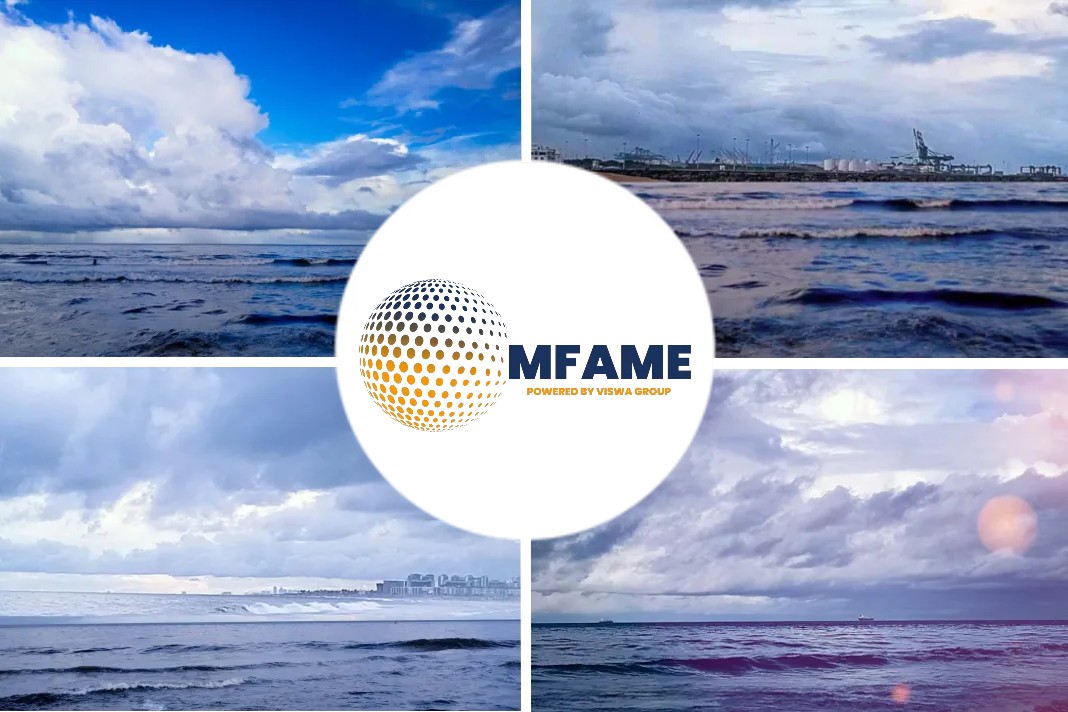Ferry leaders, including Wärtsilä and Stena Line chief executives, showcased the opportunities and challenges of getting to net zero at Interferry’s annual conference, reports Riviera.
The decarbonisation transition
The ferry leaders panel debated the leading issues related to Interferry’s conference ‘power and people’ themes.
Wärtsilä Corp president and chief executive Hakan Agnevall told delegates, “One of the big questions is the decarbonisation transition and what future fuels look like.”
He said there will not be one solution, but “we will have different fuels and move slowly from carbon intensive, to carbon neutral, to zero carbon.”
Wärtsilä recently carried out a study with DNV and Mr Agnevall highlighted some key conclusions: it [decarbonisation] will take decades; blending is key; fuel flexibility is key; new fuels are more expensive so there will be even more focus on fuel efficiency; and decarbonisation will continue to be driven by IMO and market forces.
He said, “We can work together with you, our customers, to make a difference to the marine industry, the energy industry and quite frankly, a difference to the world. This is something that resonates very strongly with our over 17,000 employees. We are in an area where we can make a strong impact to the future of the industry and to the world.
“The innovation comes together with you our customers – we can learn together how we use different solutions.”
He summed up that there are “big steps and many small steps we can take together”.
A carbon roadmap and people roadmap
Stena Line Group chief executive Niclas Martensson explained the ferry operator’s sustainability journey is divided into two different parts: a carbon roadmap and people roadmap.
“For the carbon roadmap we are reducing CO2 and reducing all emissions possible over a time perspective.
“We are in the forefront… Our first landshore connection was in 1989, and 80% of our ports are connected to landshore in Scandinavia but that’s it, as we only do it where we are guaranteed green electricity.
“Having a landshore connection where green electricity is not guaranteed doesn’t make sense for us.”
Stena converted its first ship to methanol in 2015. “We are still extremely curious about where that road will go,” commented Mr Martensson.
He singled out how the company installed its first battery package in 2018 and started its digital journey AI pilot, reducing fuel consumption from existing machinery by 3% to 5%.
Mr Martensson said, “I am proud being part of an industry where there is so much innovation, but the challenge for all of us sitting here is… also about how we secure not only zero emissions on board our ships, but zero emissions across the entire ecosystem. How do we secure the electricity we want to fuel our future ships with, fuelled with green or at least blue energy?
“That is our responsibility, not only to look into the ship but how to get green energy loading our batteries in future.”
Uber boats
Uber Boat by Thames Clippers chief executive Sean Collins gave details about the two electric-hybrid ferries the company currently has under construction at Wight Shipyard in the UK. He said they will run on hydrated vegetable oil (HVO) in the high-speed areas of operations which cover two thirds of the route, but for the final third, where the operator is restricted by speed, the boats will be operating at 12 knots 100% on battery.
Speaking about the company’s route to net zero, he said some of Thames Clippers’ fleet is currently running on HVO. This will be followed by the introduction of the hybrid vessels.
He warned, “It is important to take it one step at a time. We are hearing from this conference about some amazing innovative ideas but from a commercial perspective, we have to be very cautious in the step changes we make and make sure timetables are fulfilled and that our customers are happy. We are taking it one step at a time.”
Uber Boat by Thames Clippers is carrying out continuous research and development and has carried out a significant study through Maritime UK to look at how to move to 100% zero.
“We are looking at how that can be done through hydrogen fuel cells,” said Mr Collins.
Meanwhile, while Archipelago Philippine Ferries chairperson Mary Ann Pastrana said while the operator of ‘Fast Cats’ was not there yet in terms of electric power for ferries, she focused on the ‘people power’ theme that runs across the company.
Looking back at the pandemic she recalled, “We never stopped, from day one we carried cargo by ropax vessels. Our seafarers were considered frontrunners.”
She added, “We showed our people we care as we are doing something bigger than ourselves.”
Initiatives include empowering the community by taking in students, helping 2,500 seafarers train, environmental initiatives such as helping, in the use in solar lights, and participating in a Safe Boat research programme which has been using the company’s data.
Ms Pastrana summed up, “We provide opportunities for our employees to be involved, engaged and generally happy.”
















